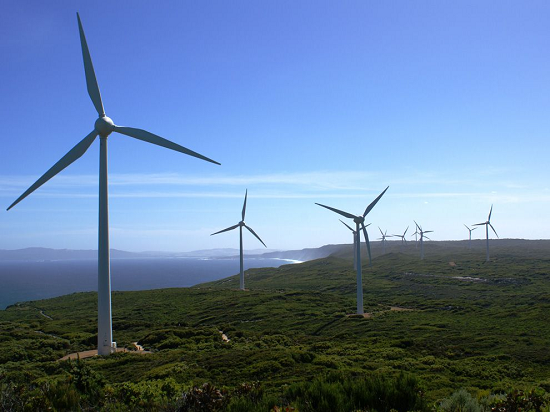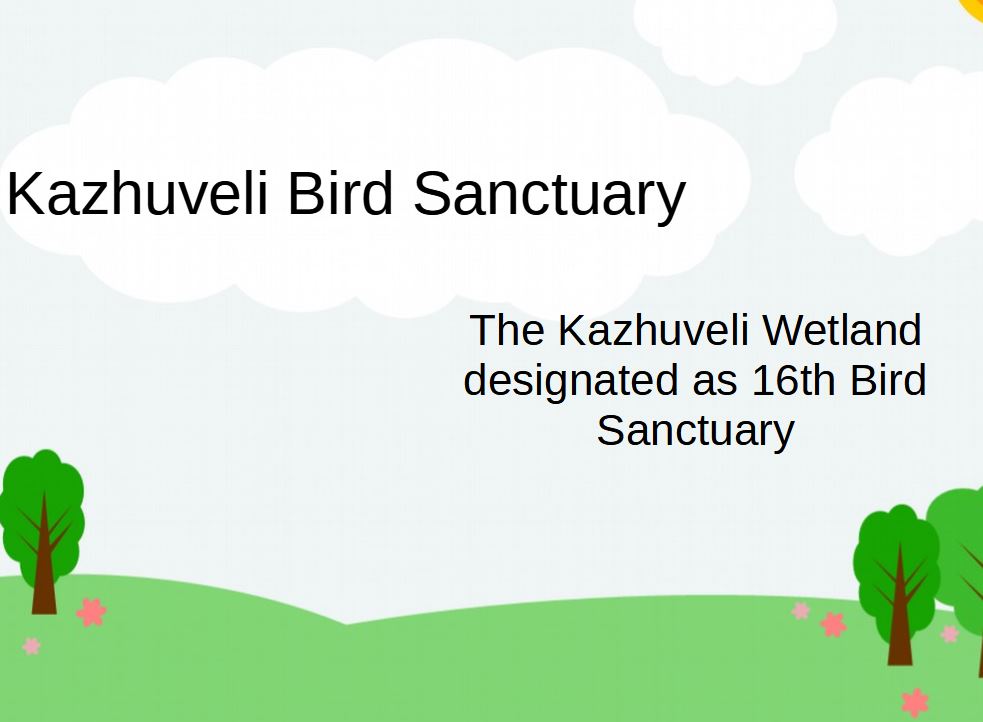Updated By: LatestGKGS Desk
Geography: Renewable energy sources, Definition, And Uses

Geography: Renewable energy sources, Definition, ERoEI, And Uses
Renewable energy is also characterized as having a high Energy Returned on Energy Invested, which means that the ERoEI, should be profitable to a consumer so that they have a reason to use it besides just helping the environment out.
This helps, because the right renewable energy sources will be considered a viable resource to the consumer with high ERoEI, so they will continue to use it as a 100% supplement to dangerous fossil fuel production.
they will spread the word through their community, investors, and family that there is plenty of good reason to continue using renewable energy.
Renewable energy sources are any type of energy resource that does not contribute to toxic waste or reduces emissions in some way.
Energy gathered from hydro-power, wind-powered machines, and solar power, are all forefronts of renewable energy.
Most scientist would say that renewable energy is restricted to actual renewable sources, that do not have a con toward the environment.
So that leaves us with some sources such as solar, wind, water, hydrogen, and other forms such as Algae.
Energy from tides, the oceans, and hot hydrogen fusion are other forms that can be used to generate electricity.


